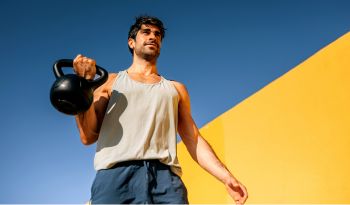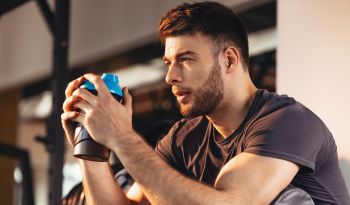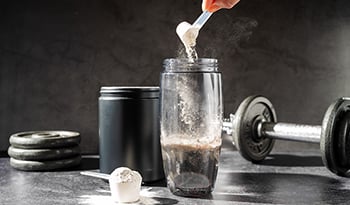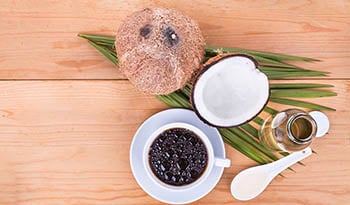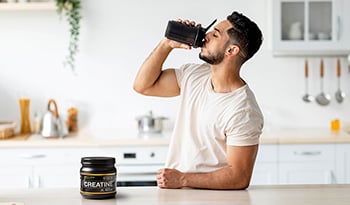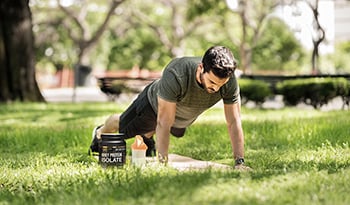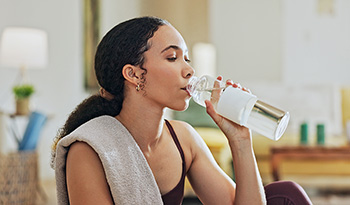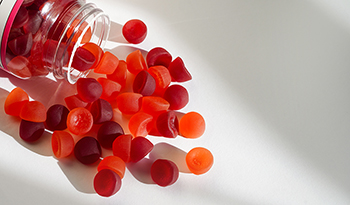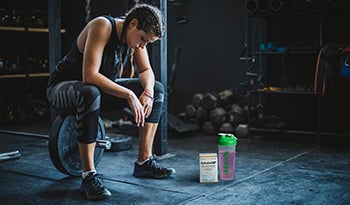7 Supplements To Consider for Working Out Outside
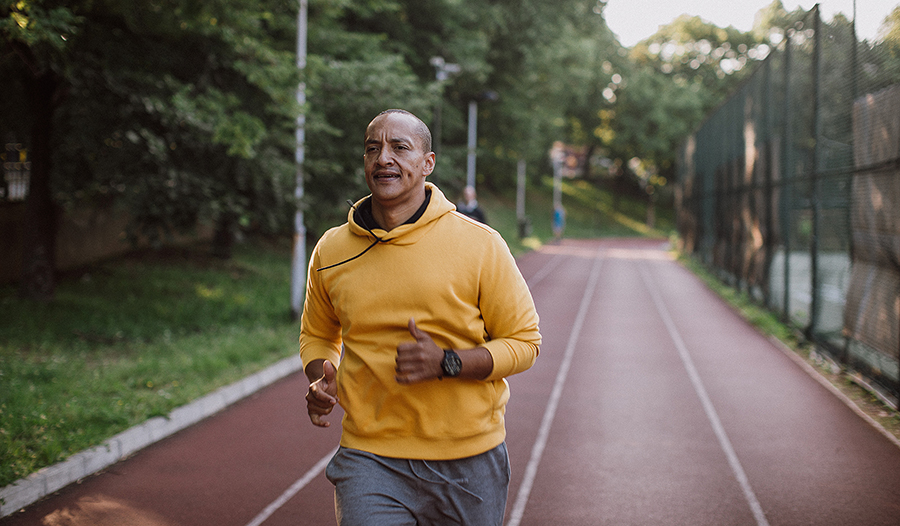
Performing physical activities outdoors can be very beneficial to more than just our muscles.
Sunshine can boost your mood by naturally increasing levels of serotonin (the “feel-good” hormone). When we are exposed to sunlight, we are able to produce vitamin D, which is essential for our bone and muscle health.
It is crucial we take the initiative to make sure we are receiving the vitamins and nutrients we need to replenish and protect our bodies. Physical activity has countless benefits but without the proper precautions, we can put ourselves at risk for depletion through dehydration and malnutrition.
Some of the key nutrients you may want to ensure you are getting while spending more time outdoors are electrolytes, carbohydrates, protein, and a few more which I will discuss.
I personally work out 4-5 days per week. In order to make sure I am prepared for intense workout sessions, I make sure I’m fueling my body with the following supplements.
Electrolytes for Hydration
Electrolytes are essential to helping our body function properly by:
- Balancing the amount of water in the body
- Balancing the body's pH level
- Moving nutrients into the cells
- Moving wastes out of the cells
They can be found in a variety of foods and drinks including cruciferous vegetables, coconut water, sports drinks, and powders.
As you exercise, you begin to lose electrolytes through perspiration. That is why it is highly recommended that you hydrate before, during, and after a workout to replenish your electrolytes. When I begin to feel tired and dehydrated near the end of a workout, I love to rehydrate and replenish my body with electrolyte powder. Many of the ones on the market also have zero calories, carbs, or sugars per serving and are also non-GMO. You can also find on-the-go packs that you can conveniently carry in your gym back or purse for a quick fix.
Electrolytes are best taken after intense workouts, especially outdoors when you have sweat a lot and have lost a lot of fluids.
Carbohydrates for Energy
Carbohydrates are a macronutrient and the body’s main source of energy. Carbs, along with other macronutrients help fuel, grow, and repair the body. With increasing time and intensity during workouts, your body will use carbs as a source of fuel.
Carbs play a crucial role in the diet by providing us with the energy we need to perform bouts of exercise. They can be classified as simple or complex. Simple carbs are easier for our bodies to break down and can be commonly found in fruits. Complex carbs take more time to break down in our bodies than simple carbs and can be found in starches and grains.
If you are as busy as me and find yourself on the go often, then you know having snacks on hand is important. Try to keep healthy options like fruit and nut bars with you when you are out and about. It is a convenient way to fuel up on carbs when you need a quick energy boost. Try to avoid bars that contain artificial sweeteners, flavors, or preservatives.
Protein for Muscle Repair
Protein is another macronutrient that helps our body grow and repair damaged tissue. It is made up of non-essential and essential amino acids. Protein is also an important component in building strong bones, muscles, and cartilage.
Some foods contain more protein than others, but some popular sources include meat, poultry, eggs, fish, beans, and lentils. Protein powder can also be supplemented in shakes and smoothies, which is common throughout the athletic community. I am a vegetarian, so I opt for plant-based protein powder.
If you are not a vegetarian, whey protein is a great alternative to get the protein you need for muscle repair after a workout. Protein bars are also a great option. I love to keep a protein bar in my bag when I am out. They are delicious and keep me full until my next meal.
Calcium for Strong Bones
Calcium is extremely important for the body, especially for those participating in any level of physical activity. Studies show that many female athletes are not consuming the recommended daily amount of calcium in their diet.
Calcium helps sustain muscle contraction and promotes the mineralization of bones. It can be found in a variety of dairy products including milk, cheese, and yogurt. If you are lactose intolerant or would like to avoid dairy products, it is also found in broccoli, almonds, and dark leafy greens.
If you are looking to supplement calcium because you feel as though you are not consuming enough, there are plenty of options in tablet or gummy form.
Vitamin D for Bone and Muscle Health
Like I mentioned earlier, vitamin D is extremely necessary for optimal bone and muscle health. Our bodies produce vitamin D when exposed to sunlight, so it’s important to spend time outside each day.
Vitamin D is essential in preventing bone fractures, illness, and many other health concerns. Very few foods naturally contain Vitamin D, but it can be supplemented by taking multivitamins, vitamin D supplements alone, or spending some time outside in the sun.
B Vitamins for High-Intensity Exercise
B vitamins are essential for energy production, the generation of new cells, and the repair of damaged cells. Research shows that active individuals require B vitamins in order to perform high-intensity exercise due to energy metabolism. Research also shows that exercising at high intensities actually may increase the need for B vitamins like B-12 and B-6. Many athletes who are on restrictive diets may be lacking these vitamins and should look to supplement.
Pre-workout formulas are often a great source of B vitamins and my favorite way to get them. About thirty minutes before an intense outdoor workout, I like to take a pre-workout powder that I mix with water. This supplement is meant to support energy and performance while exercising to reduce overall fatigue. It keeps me energized and focused so that I can achieve my exercise goal for the day without crashing halfway through.
BCAA Powder for Recovery
After my workout is complete, I love to take something for muscle recovery, especially if I am resistance training. One of my favorite products for this is a BCAA powder. BCAA stands for branched-chain amino acids, which support the growth of lean muscle mass as well as muscle recovery. As a vegetarian, it is important for me to find plant-based protein sources to satisfy my necessary daily intake. Some people prefer BCAA powder because it often has fewer calories than regular protein powder, but I personally enjoy both.
It is up to us to take care of our bodies and to make sure we are getting the necessities to get the most out of our physical activity every single day. Don’t forget, our recovery days are just as important, if not more important than training days. Reward your body with what it needs and wants more of. Now more than ever, we must focus on our health and wellness and take preventative measures for our wellbeing.
References:
- https://pubmed.ncbi.nlm.nih.gov/30586657/
- https://pubmed.ncbi.nlm.nih.gov/7658944/
- http://healthline.com/health/food-nutrition/vitamin-b-complex
- http://roswellpark.org/cancertalk/201808/electrolytes-what-are-they-what-happens-if-you-don’t have-enough
- http://medlineplus.gov/fluidandelectrolytebalance.html
- https://journals.lww.com/acsm-csmr/Fulltext/2010/07000/Vitamin_D_and_Athletes.11.aspx
- https://pubmed.ncbi.nlm.nih.gov/10410838/
- http://avitahealth.org/health-library/macronutrients-a-simple-guide-to-macros.
- https://pubmed.ncbi.nlm.nih.gov/11282312/
- http://livescience.com/51976-carbohydrates.html.
- https://pubmed.ncbi.nlm.nih.gov/17240780/
DISCLAIMER:This Wellness Hub does not intend to provide diagnosis...
















































































 Table of Contents
Table of Contents



